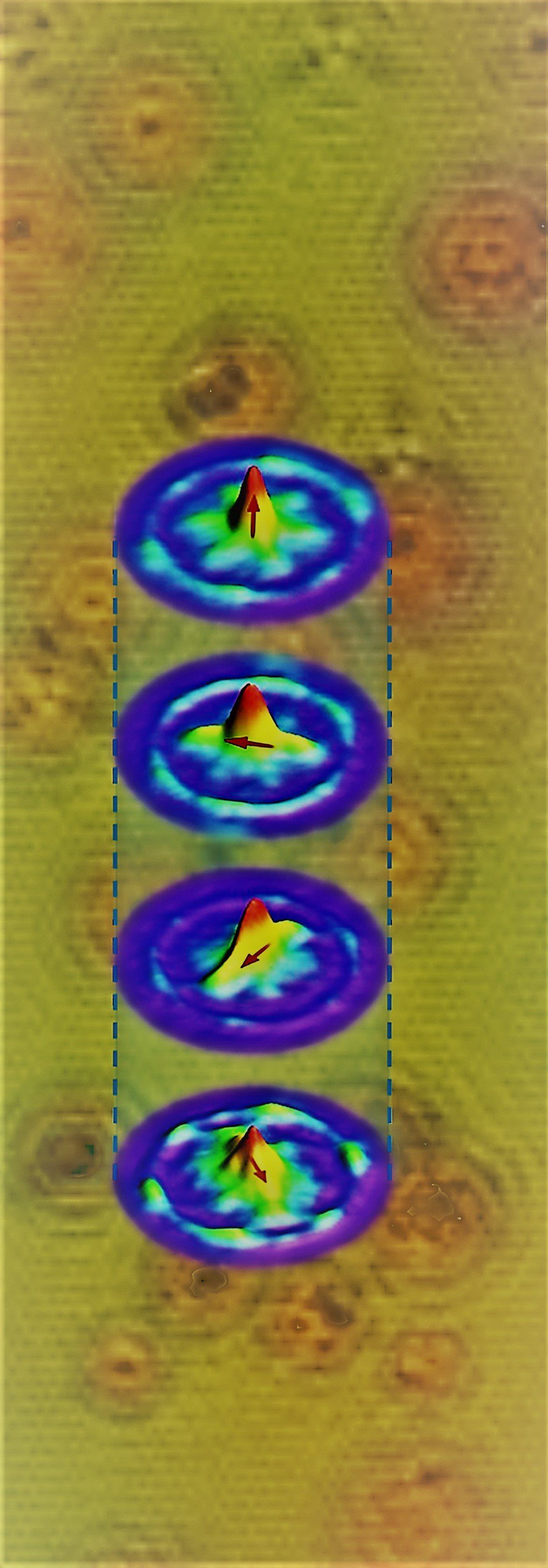Quantum particles can be difficult to characterize, and almost impossible to control if they strongly interact with each other—until now.
An international team of researchers led by Princeton physicist Zahid Hasan has discovered a quantum state of matter that can be “tuned” at will—and it’s 10 times more tuneable than existing theories can explain. This level of manipulability opens enormous possibilities for next-generation nanotechnologies and quantum computing.
“We found a new control knob for the quantum topological world,” said Hasan, the Eugene Higgins Professor of Physics. “We expect this is tip of the iceberg. There will be a new subfield of materials or physics grown out of this. … This would be a fantastic playground for nanoscale engineering.”
